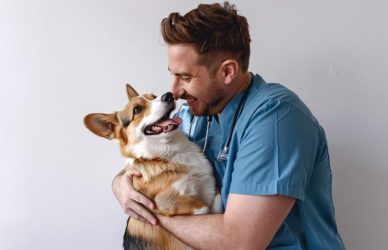Despite the popularity of “All Creatures Great and Small”, surprisingly few vets are willing to go full Herriot. According to RCVS figures, a paltry 3.2% of UK vets work in farm practice–versus 52.6% in small-animal practice.
As demand for vets increases, rural practices in particular are suffering from staff shortages, leaving farmed animals in danger of going without needed care. And with more vets leaving the profession over work-life balance, putting pressure on existing staff to absorb the extra workload is liable to make the problem worse.
The UK is home to 9.6 million cattle, 5.2 million pigs, 33 million sheep, and 188 million poultry. That’s 236 million animals who need medical care–versus just 11 million dogs, 11 million cats, and 69 million humans.
While Brexit is a major factor in the loss of large-animal vets, poor staff retention is the main issue, meaning the solution may paradoxically be to cut working hours. The average farm vet currently works 50-70 hours a week, including late-night callouts.
More government support is also needed, with Scotland offering subsidies to retain vets in remote areas, and writing off student debt for rural vets could be a powerful incentive. Lowering entry barriers to the profession for students from farming backgrounds may also be a solution, as hands-on experience of farm work is arguably more valuable than elite grades.
In the meantime, ambitious vets who want to climb the ranks of the profession fast will find abundant opportunities in large-animal practice. And employers who want to recruit and retain large-animal vets should seek expert support to tap into passive talent pools and connect with vets who are a true match with their practice–those are the candidates who’ll stay for the long term.
Whether you’re looking for your next employee or your next role, get in touch today for a free, friendly chat to discover how we can help you achieve your goals.








